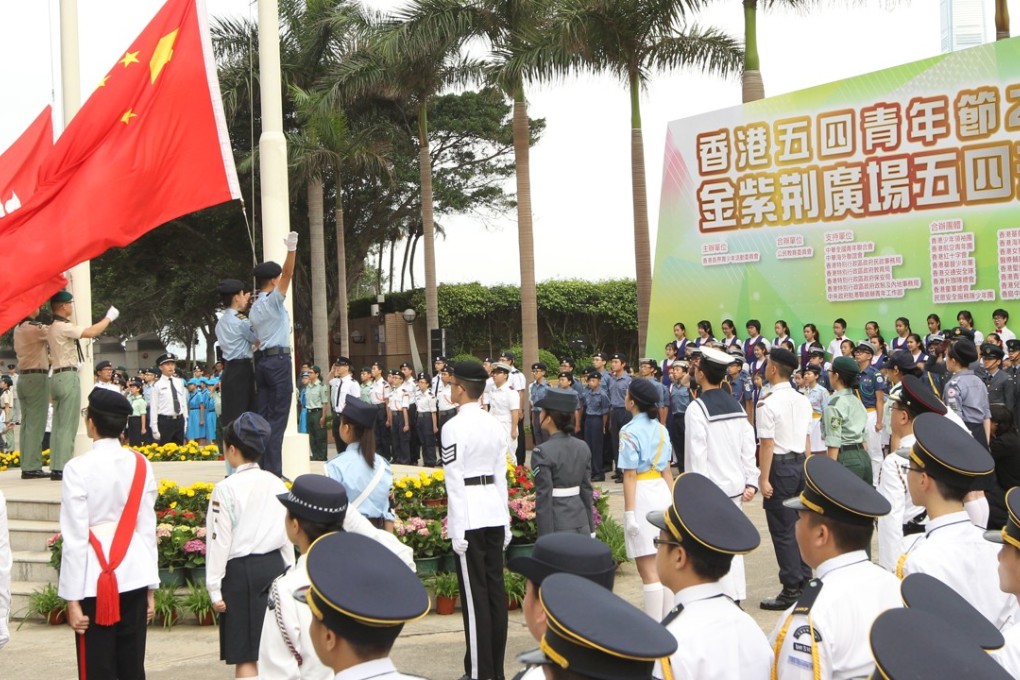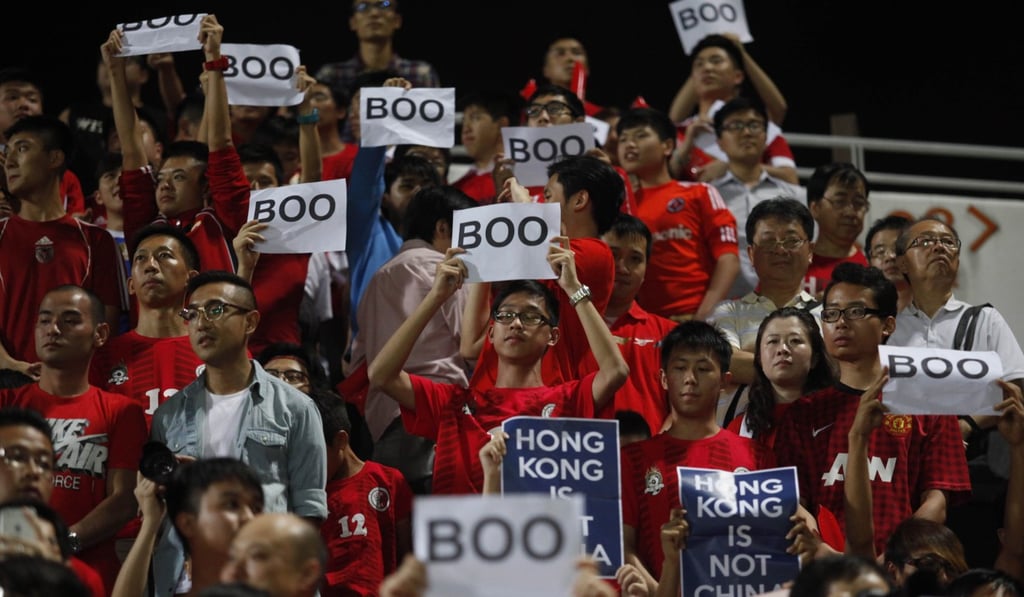Anthem law will not define disrespect, but study under way to educate Hong Kong kids on song, source says
The government is expected to table a policy paper on anthem legislation to Legco next week, before the constitutional affairs panel meets to discuss the matter

A national anthem bill to be tabled in Hong Kong’s legislature would stipulate the conditions under which the song could be played but not define what constituted disrespectful conduct, a government source said on Thursday.
Authorities in the city were also studying the need to include legislation that would make it compulsory to educate primary and secondary school pupils on the importance of the anthem, according to the source. The possibility of the move sparked concerns over what is seen as encroachment on Hong Kong’s autonomy.

Sources said the government would table a policy paper to the Legislative Council next Friday, one week before the constitutional affairs panel was set to meet and discuss the matter.
The government aims to secure a first reading of the bill in Legco before July, after which a committee would be set up to scrutinise the clauses in the draft.